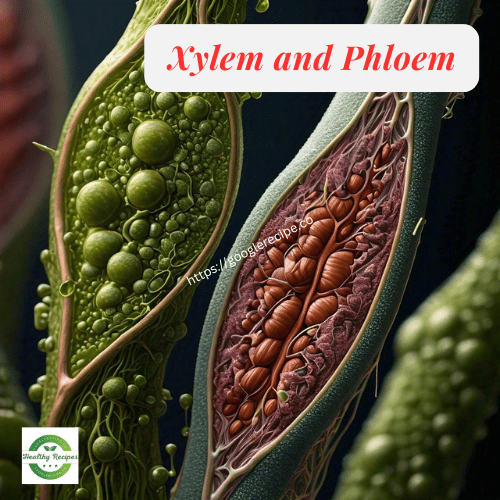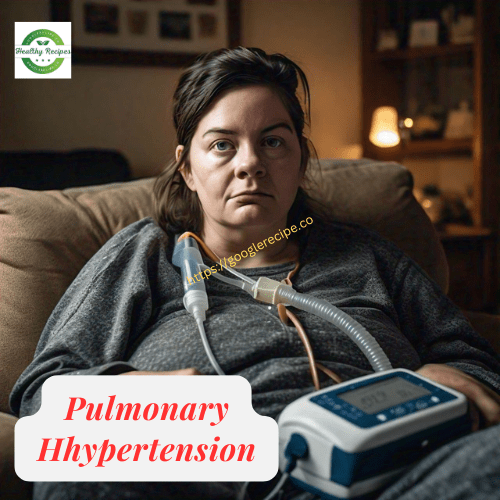Science behind Depression
The Science of Depression: Deciphering Its Multifaceted Mechanisms and Causes
Science behind Depression? According to the National Institute of Mental Health, a person might have depression if they show some of these signs almost every day for at least two weeks:
- Constant sadness, anxiety, or feeling numb
- Feelings of hopelessness, guilt, or worthlessness
- Mood swings or irritability
- losing interest in previously enjoyed activities
- Changes in appetite or weight
- Restlessness, low energy, or feeling tired
- Moving or talking more slowly
- Trouble sleeping or sleeping too much
- Difficulty concentrating, remembering, or making decisions
- Physical aches, pains, or digestive issues without a clear cause
- Thoughts of suicide or attempts
There are several types of depression, including postpartum depression, seasonal affective disorder, and chronic depressed disease. Treatments often include medication, therapy, and sometimes dietary supplements.
Some supplements, like St. John’s Wort and omega-3 fatty acids, may help with depression, but it’s important to talk to a healthcare provider before starting any new treatment.
There are different types of depression, each with its own symptoms and triggers:
- Persistent Depressive Disorder (Dysthymia): A low mood lasting more than two years, though symptoms can vary.
- Severe depression during or following pregnancy is known as postpartum depression.
- Psychotic Depression: Severe depression with symptoms like delusions or hallucinations.
- Seasonal Affective Disorder: Depression that usually happens in winter but improves in spring and summer.
- Premenstrual Dysphoric Disorder (PMDD): Severe depression around the start of a woman’s period.
- Bipolar Disorder: Includes both depression and periods of mania.
Depression is thought to be caused by a mix of factors such as genetics, biology, environment, nutrition, and psychology. Risk factors include:
- Personal or family history of depression
- Trauma or extreme stress
- Certain illnesses (like diabetes or heart disease)
- Use of certain medications
Treatments for depression often include antidepressant medications, psychotherapy, or electroconvulsive therapy. Some dietary supplements may also help:
- St. John’s Wort: Research indicates that it has fewer adverse effects and may be just as helpful as certain antidepressants for mild to severe depression. Be careful with drug interactions.
- Omega-3 Fatty Acids: Research shows they can help with both diagnosed and undiagnosed depression, especially if the supplement contains more EPA than DHA. They may also help with bipolar depression.
- Curcumin: A study found it can have antidepressant effects, with benefits appearing after four to eight weeks of use.
- Saffron: Studies show it can improve symptoms of mild to moderate depression and is similar in effectiveness to fluoxetine.
- SAMe: Some studies suggest SAMe can be a good alternative for people who don’t respond to traditional antidepressants and might be helpful for those with Parkinson’s disease.
Conclusion
Depression is a serious condition with various symptoms and types. While traditional treatments like medications and therapy are common, some dietary supplements may also offer relief for certain individuals.
However, it’s crucial to consult with a healthcare provider before trying new treatments to ensure they’re safe and appropriate for your situation.
Understanding the different types of depression and available treatments can help you or someone you know find the most effective way to manage the condition and improve their overall well-being.
The following are a few often asked questions (FAQs) on depression:
1. What is depression? Depression is a mental health disorder characterized by persistent sadness, loss of interest in activities, and various physical and emotional symptoms that affect daily life.
2. What are the common signs of depression? Common signs include constant sadness, feelings of hopelessness or worthlessness, mood swings, changes in appetite or weight, low energy, trouble sleeping, and thoughts of suicide.
3. How long do symptoms need to last to be considered depression? Symptoms must be present almost every day for at least two weeks for a diagnosis of depression.
4. What are the different types of depression? Bipolar disorder, seasonal affective disorder, psychotic depression, postpartum depression, persistent depressive disorder (dysthymia), and premenstrual dysphoric disorder (PMDD) are among the types.
5. What causes depression? Depression can be caused by a mix of genetic, biological, environmental, nutritional, and psychological factors. Risk factors include personal or family history of depression, trauma, stress, certain illnesses, and some medications.
6. How is depression treated? Treatment typically involves antidepressant medications, psychotherapy, or electroconvulsive therapy. Some people also find relief with dietary supplements like St. John’s Wort, omega-3 fatty acids, curcumin, saffron, or SAMe.
7. Can dietary supplements help with depression? Yes, some studies suggest that supplements like St. John’s Wort, omega-3 fatty acids, curcumin, saffron, and SAMe may help with depression. Nonetheless, it’s crucial to speak with a doctor before beginning any new supplement regimen.


